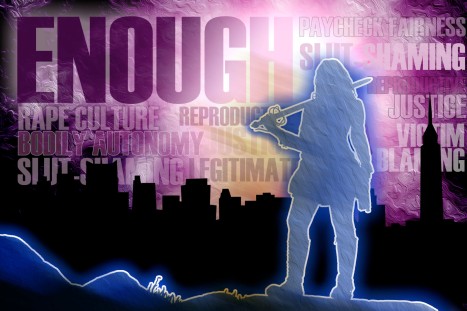I know this post may seem a bit late, but I wanted to take some time to reflect myself before I shared my thoughts and reflections with the worldwide web. From past experiences, coming back to Canada is always the hardest part about leaving because you struggle with who you are versus who you were, you struggle with your next steps, how to integrate what you’ve learned and how you’ve changed into your life, you struggle with falling back into how you used to be or how you want to be. It’s a major learning experience and it takes some time and reflection each time to decide how you want to decipher it.
This time, I felt as though there was more preparation and the university set up some debriefing sessions to help us determine how to answer those questions. In addition, we aren’t coming back into a former life, we’re coming back to the completion of our degrees and the beginning of something completely new – whether its work, more school, travel, or no plans – so there aren’t old patterns to fall back into.
Personally, there were some elements of placement that I really struggled with, however despite these struggles, I would never trade the experience for anything. I learned a lot about myself while in Hanoi, I developed a completely different sense of independence than I could have in Canada, I challenged myself, and I realized that there are no limitations to what I can do or accomplish.
My time in Hanoi gave me the self-confidence to stand out from the crowd, to be myself regardless of what is happening around me, to stick to my goals, and to shoot for the stars. Prior to living overseas, I never would have imagined that I would be good enough for grad school, that I could get a scholarship, or that I deserved to be noticed in that way. But it really pushed me to work outside of my comfort zone and to recognize my own strengths.
Placement also brought me a lot closer to some of my classmates; there are people that I spent time with in Hanoi that I will be close with for the rest of my life. I’ve made friends that understand me more than anyone I’ve known previously and who are unconditionally supportive. The heart and strength that I’ve seen in my classmates astounds me and I know that they will accomplish anything they set out to do. I feel incredibly fortunate to have been able to experience placement with such a wonderful and supportive group of people, and I feel even more fortunate to have such incredible people in my life.
Participating in an international experience is about more than school, it teaches you things that you can’t learn about in class or in books. There’s a value to travelling and living overseas that you can’t get from anything else. No other experience encourages you to test your boundaries, nothing else will ever ensure that you learn about yourself and the world in such a genuine manner, and there is nothing equal to it. Regardless of whether you are studying international development or anything else, go outside and learn about the world, go experience it. It will challenge you and it will expand your horizons more than anything else ever could.

